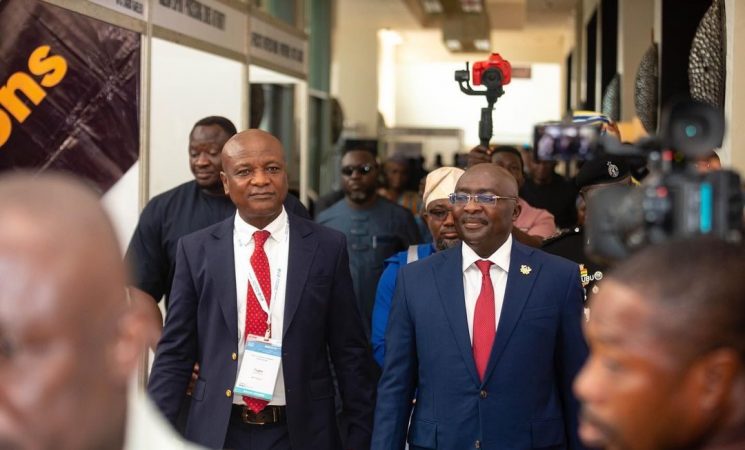The concept of a unified currency in Africa has long been a topic of discussion among policymakers, economists, and regional leaders. The idea of a single currency for the continent promises numerous benefits, including facilitating trade, reducing transaction costs, and enhancing economic integration. With Africa’s diverse economies and a growing push towards regional cooperation, the question of whether a unified currency is achievable becomes increasingly relevant. While the concept holds potential for economic stability and growth, several challenges must be addressed to make it a reality.
One of the primary advantages of a unified currency is the elimination of exchange rate volatility and transaction costs associated with multiple currencies. A single currency could streamline trade across African nations, foster closer economic ties, and attract greater foreign investment. Moreover, it could enhance economic policy coordination and create a more stable macroeconomic environment.
The West African Economic and Monetary Union (WAEMU) and the East African Community (EAC) have already made strides towards monetary integration, with the proposed Eco currency for West Africa and the ongoing discussions in East Africa demonstrating the continent’s commitment to economic unity.
However, the path to a unified currency is fraught with challenges, including economic disparities among African nations, political differences, and the need for robust institutional frameworks. Aligning diverse economies, managing fiscal policies, and ensuring political consensus are significant hurdles that must be overcome. Additionally, establishing a central bank and financial institutions capable of supporting a single currency would require substantial coordination and investment. Despite these obstacles, the pursuit of a unified currency remains a symbol of Africa’s aspirations for greater economic integration and collaboration. If successfully implemented, it could significantly enhance the continent’s economic resilience and global standing, paving the way for a more unified and prosperous Africa.
One of the primary advantages of a unified currency is the elimination of exchange rate volatility and transaction costs associated with multiple currencies. A single currency could streamline trade across African nations, foster closer economic ties, and attract greater foreign investment. Moreover, it could enhance economic policy coordination and create a more stable macroeconomic environment. The West African Economic and Monetary Union (WAEMU) and the East African Community (EAC) have already made strides towards monetary integration, with the proposed Eco currency for West Africa and the ongoing discussions in East Africa demonstrating the continent’s commitment to economic unity.
In conclusion, while the prospect of a unified currency in Africa presents a bold vision for economic integration and growth, achieving this goal will require overcoming substantial challenges. Addressing economic disparities, political differences, and institutional gaps will be crucial for creating a stable and effective single currency system. Despite these obstacles, the continued commitment of African nations to regional cooperation and economic unity signals a strong desire for deeper integration. If the hurdles can be navigated, a unified currency has the potential to enhance trade, streamline economic policies, and boost Africa's global economic standing. The journey towards a single currency is a testament to Africa's ambition to forge a more cohesive and prosperous future.



